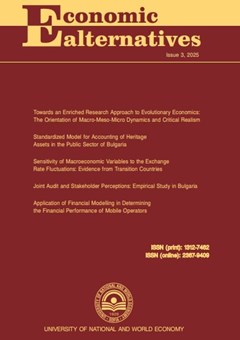Can Corruption Explain Public Debt Accumulation in Nigeria?
Authors: Ibrahim Iliyasu, Ibrahim Mohammed
Abstract
This study examines the effect of corruption on public debt stock in Nigeria for the period 2010q1-2020q4. An ARDL bound test to cointegration, canonical cointegration regression (CCR), dynamic ordinary least squares (DOLS) and fully modified ordinary least square (FMOLS) techniques were used for the analysis. We find consistent evidences of a positive long-term relationship between the ratio of public debt to GDP and corruption alongside the ratio of government expenditure to GDP, and a negative relationship between the ratio of public debt to GDP and government revenue to GDP as well as logarithm of GDP per capita, GDP growth rate and unemployment rate. Overall, the evidence suggests that corruption has an increasing effect on public debt irrespective of the magnitude of government expenditure; on average a unit increase in corruption index increase public debt stock by about 14.88 percent. Further results show that, the adverse effect of corruption persists in foreign and domestic debt components, albeit, the effect on domestic debt components was statistically not significant. These findings imply that better control of corruption can be a potential instrument for taming the rising public debt stock in Nigeria.

